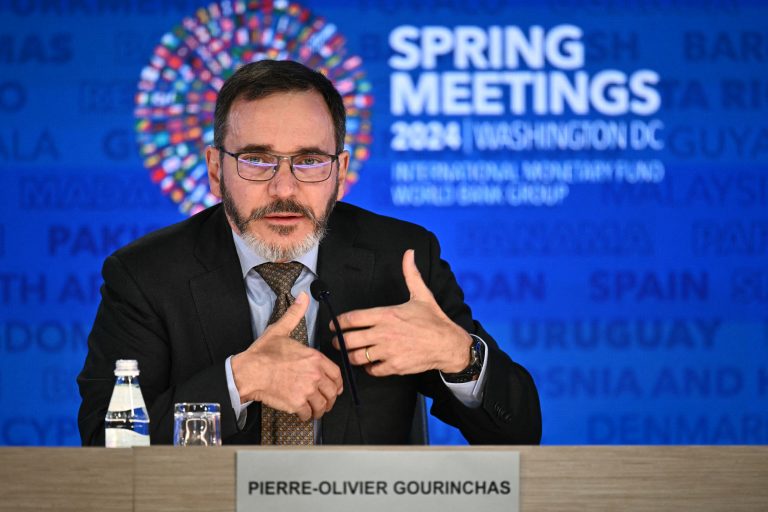São Paulo – Surging inflation in recent years still impacts global growth, according to estimates from the International Monetary Fund (IMF) published on Tuesday (16) in its most recent World Economic Outlook (WEO). According to the report, growth this year and the next will hold steady at 3.2 percent, up 0.1 percentage point from the previous outlook. The WEO revised up its growth projection for the gross domestic product of Brazil to 2.2 percent in 2024 and 2.1 percent in 2025.
Read on: Middle East and North Africa forecast to grow 2.7%
The fund warns, however, that inflation may impact the development of economies in the coming months. Despite “slowing almost as quickly as it rose”, inflation requires that monetary authorities remain alert, as they are still above target in many economies. Inflation is expected to slow from 6.8% in 2023 to 5.9% this year and 4.5% in 2025.
Global economy has faced “eventful” journey
IMF Chief Economist Pierre-Olivier Gourinchas wrote on the IMF Blog that “despite gloomy predictions”, the global economy remains “remarkably resilient”, with steady growth. He points out that the journey has been “eventful”, starting with supply-chain disruptions in the aftermath of the pandemic, an energy and food crisis triggered by war in Ukraine, and a “considerable surge in inflation.”
The biggest concern, says Gourinchas, is with low-income developing countries, many of which are still struggling to turn the page from the pandemic and cost-of-living crises.
The Middle East and North Africa are projected to grow by 2.7 percent this year and 4.2 percent the next. The previous forecast suggested a growth of 2.9 percent this year and 4.2 percent in 2025.
Translated by Guilherme Miranda




